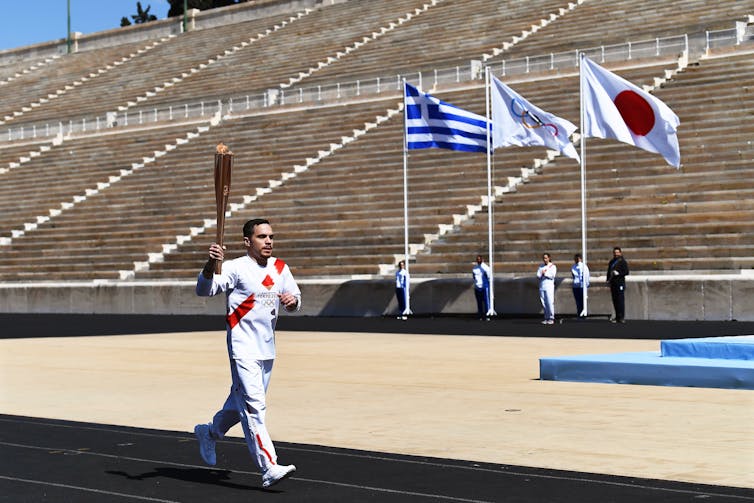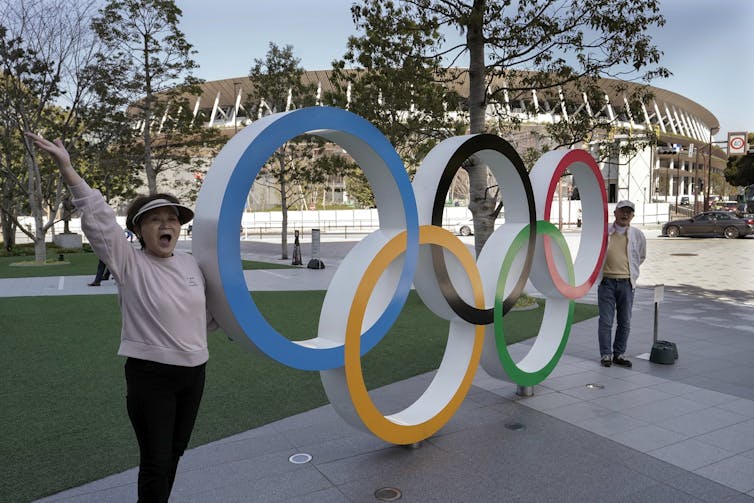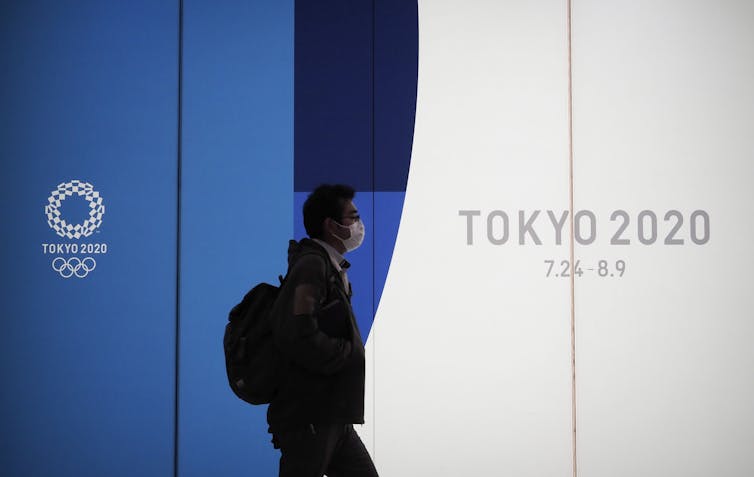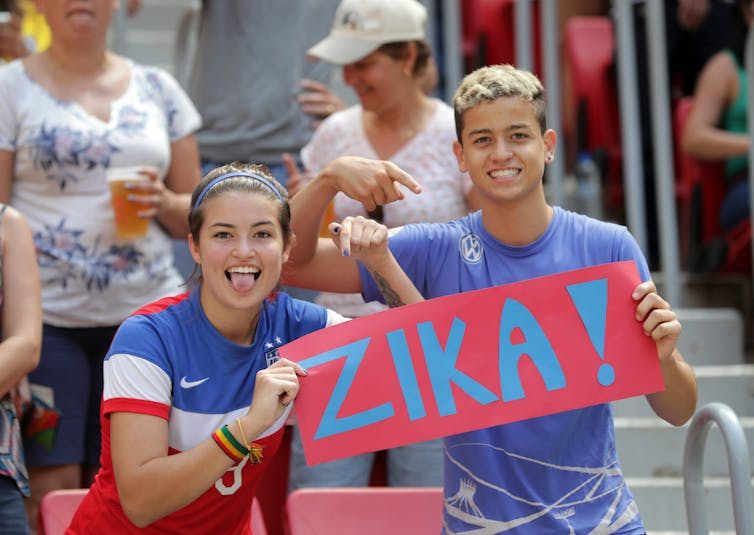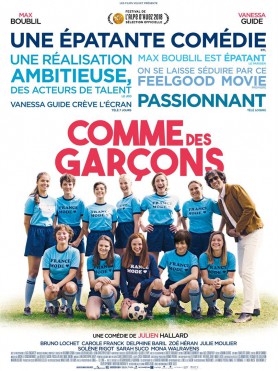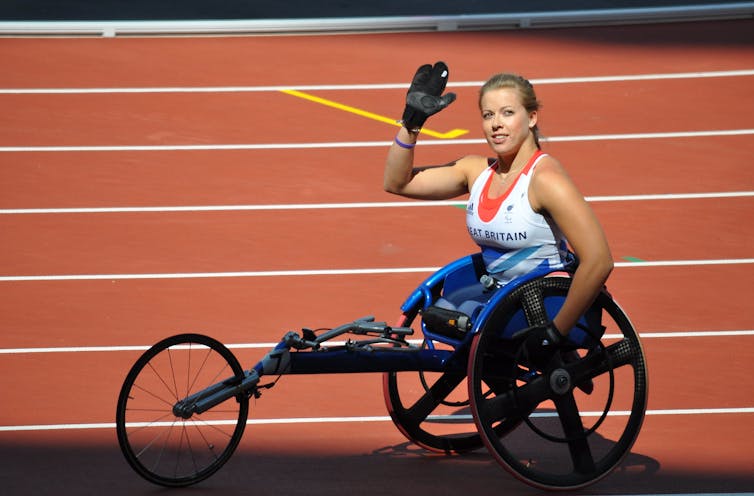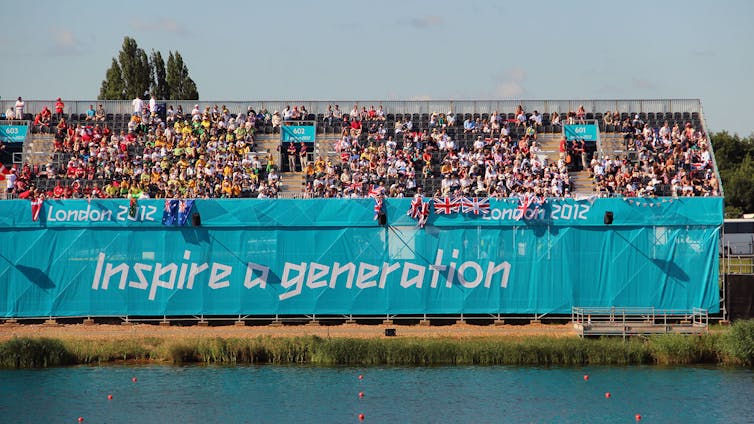With everyone stuck indoors, esports is poised for its time in the sun
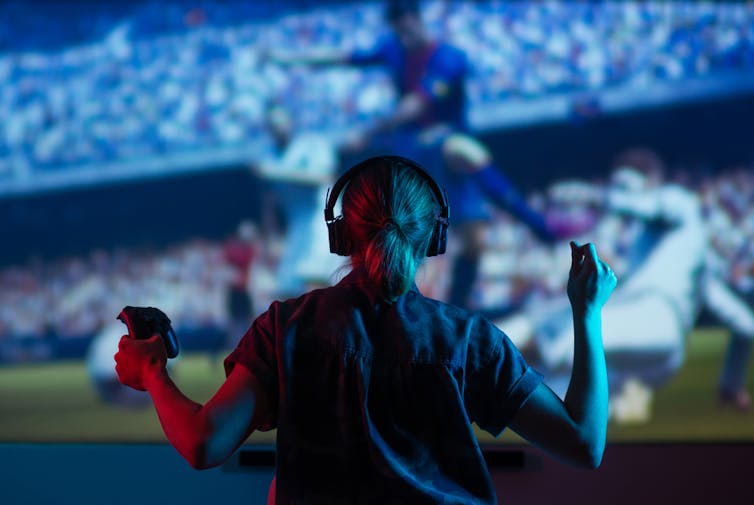
Against a global backdrop of cancelled sports leagues, and as part of their season opening, National Rugby League (NRL) fans recently packed the stands of Townsville’s new Queensland Country Bank Stadium.
Fortunately, professional sporting bodies have now realised social distancing measures can’t be ignored. To maintain fan engagement, sports leagues must rethink their mode of delivery.
Esports is one promising option. This fast-growing, professional video game competition medium is played between individuals or teams. While it encompasses non-sport games, in the context of sports-based games, esports offers an alternate reality where athletes are digitally represented.
Esports is now drawing mass appeal, fitting easily into the online lives many of us lead.
Read more: Stadiums are emptying out globally. So why have Australian sports been so slow to act?
Response in uncertain times
Sports administrators are now faced with unprecedented disruption. Avid sports fans are self-isolating at home, cabin fever is setting in and they are craving their usual sports fix.Initially, NRL and AFL administrators tried to maintain their season fixtures with no fans, but this quickly became untenable.
As we hunker down for the long haul, extending the AFL season suspension beyond May looks increasingly likely, making the prospect of esports all the more appealing.
Future proofing with esports
The financial cracks in Australia’s leading professional sports leagues are not confined to COVID-19.Falling free-to-air television views and decreased numbers of match spectators pose a significant commercial threat. Generating revenue primarily from television broadcast rights is no longer sustainable. Thus, esports represents more than a season filler – it’s an opportunity sports administrators have largely ignored, but may need to quickly school themselves on.
Even before this pandemic hit, Australian sports fan engagement was changing. Data released in 2017 showed 11.4 million Australians consumed sports on a smartphone, desktop or tablet during July that year – a 6% increase from June. Growth was 10% among women, compared to 3% among men.
For Australian sports fans, the jump to esports would require little change in consumer behaviour. Other countries are already seeing this shift. The US Major League Soccer (MLS) administrators found 65% of their most devoted fans highlighted FIFA gaming as driving their interest in soccer.
“Gaming is actually more important to us than people playing soccer itself,” said MLS senior director of properties James Ruth.
Last year, a record breaking number (109,000) of worldwide participants competed in Formula 1’s Pro Draft, one stage of the 2019 Formula 1 New Balance Esports Series.
Read more: Are esports the next major league sport?
Esports and COVID-19
Formula 1 has led the rollout of esport contingencies during COVID-19, showing commitment by launching their Virtual Grand Prix series. Running in place of races planned for the postponed season, and featuring several virtual F1 drivers, fans at home can still get their F1 fix.The National Basketball League (NBA) are more hesitant, but have dipped their toes in the water by promoting an esport competition featuring 16 of the NBA’s top basketball players. It’s likely we’ll see more sporting codes act and experiment with new modes of delivery in the near future.
In Australia, not all clubs were slow to recognise the potential of esports. More than four years ago, Adelaide Crows officials realised their traditional revenue streams were “maxed out” and identified esports as an avenue for growth.
However, the AFL’s commitment has been tentative at best. The NRL have also yet to make any real inroads, but did partner with an Australasian esports media company for a Fortnite event last year.
Not a gendered activity
Esports, like real sports, is not just for men. Research suggests women and men play video games in about equal numbers. According to Venture Bear, in the US alone 11 million women watched a live stream on Twitch last year.In the Australian market, commercial growth through esports investment could be an influential strategy to seed youth leagues. As marketers seek to attract new fans and strengthen existing fan affiliations, esports’ effects could be twofold.
Esports could attract a new wave of younger sports fans, and bring ancillary opportunities to deepen existing fan engagement.
Read more: Time well spent, not wasted: video games are boosting well-being during the coronavirus lockdown
Keeping traditions going
As we all settle into the pandemic way of life, Australian sports administrators may need to shift from dabbling in esports to developing a more sophisticated and comprehensive esports strategy.Reliance on traditional income streams and “bums on stadium seats” have left our sports vulnerable and in some cases, looking for a bailout.
Perhaps administrators missed the opportunity to pivot quickly, keeping their fans engaged, their staff employed and their future secure. Either way, during these troubled times, esports may help breathe new life into one of the country’s favourite pastimes.
Michelle O'Shea, Senior Lecturer Sport Management, Western Sydney University and Sarah Duffy, Lecturer, School of Business, Western Sydney University
This article is republished from The Conversation under a Creative Commons license. Read the original article.
